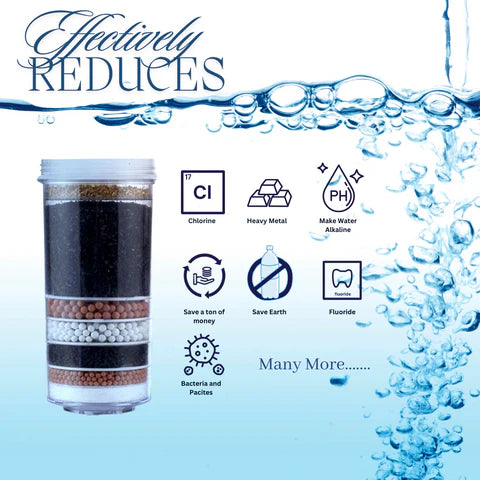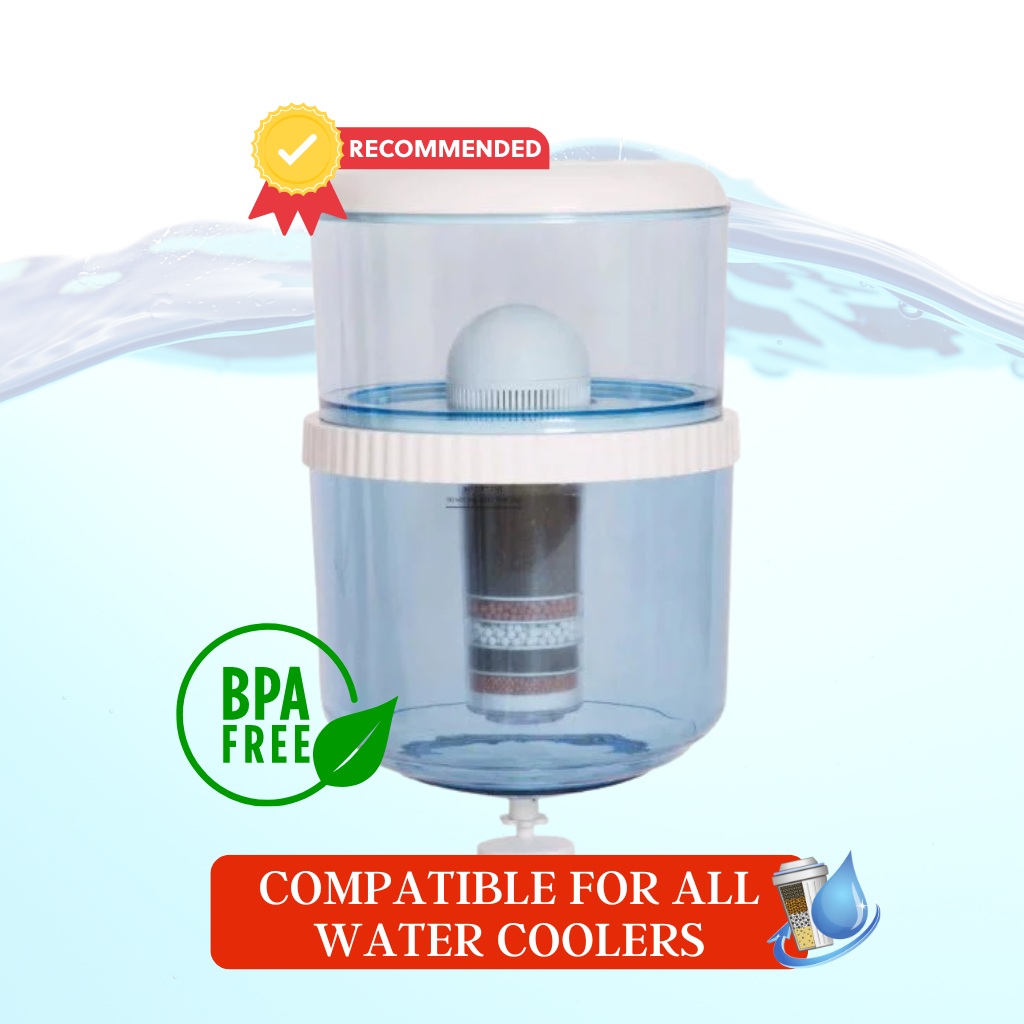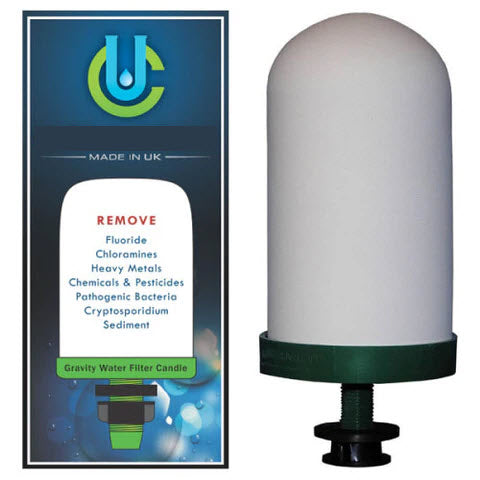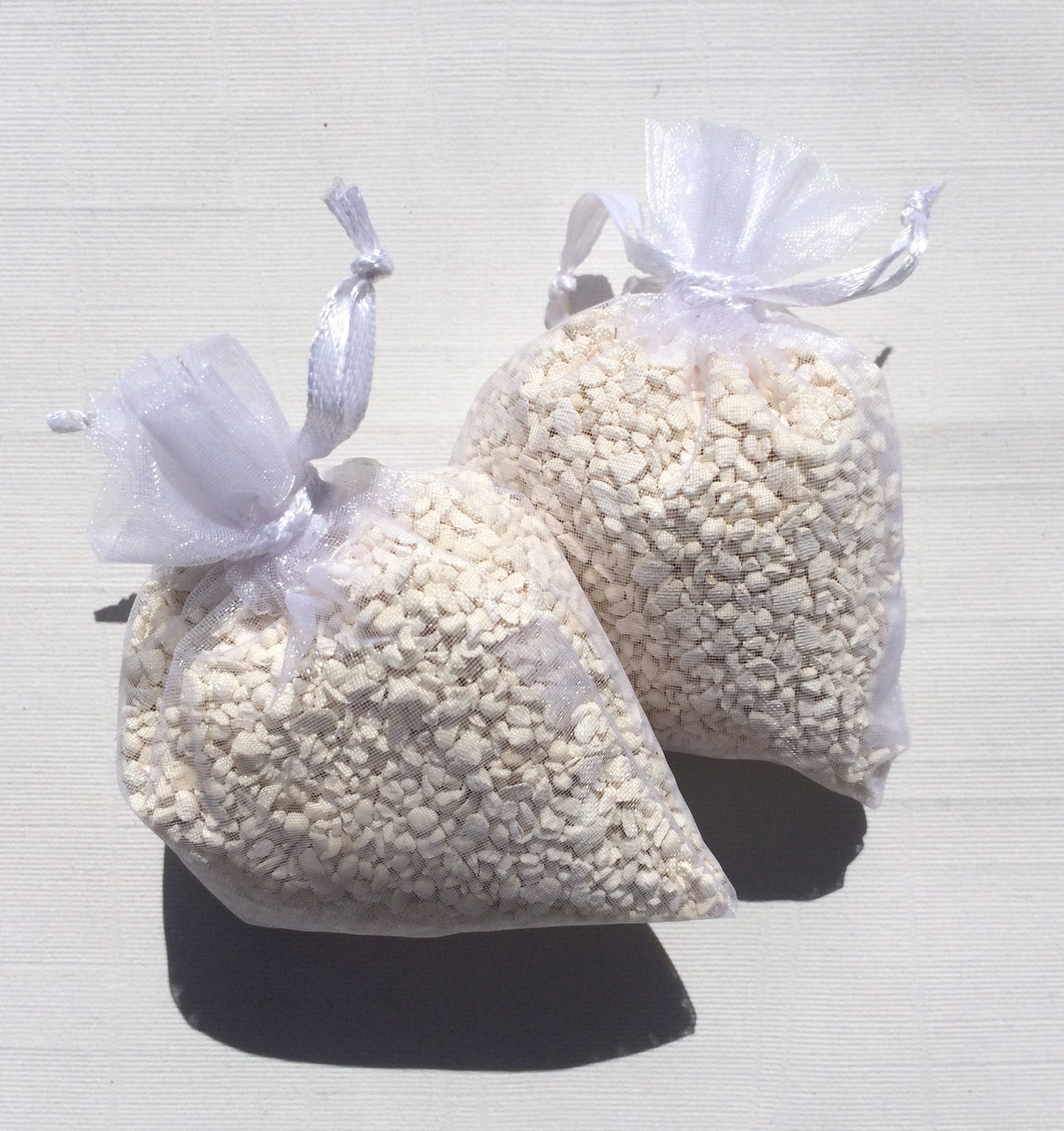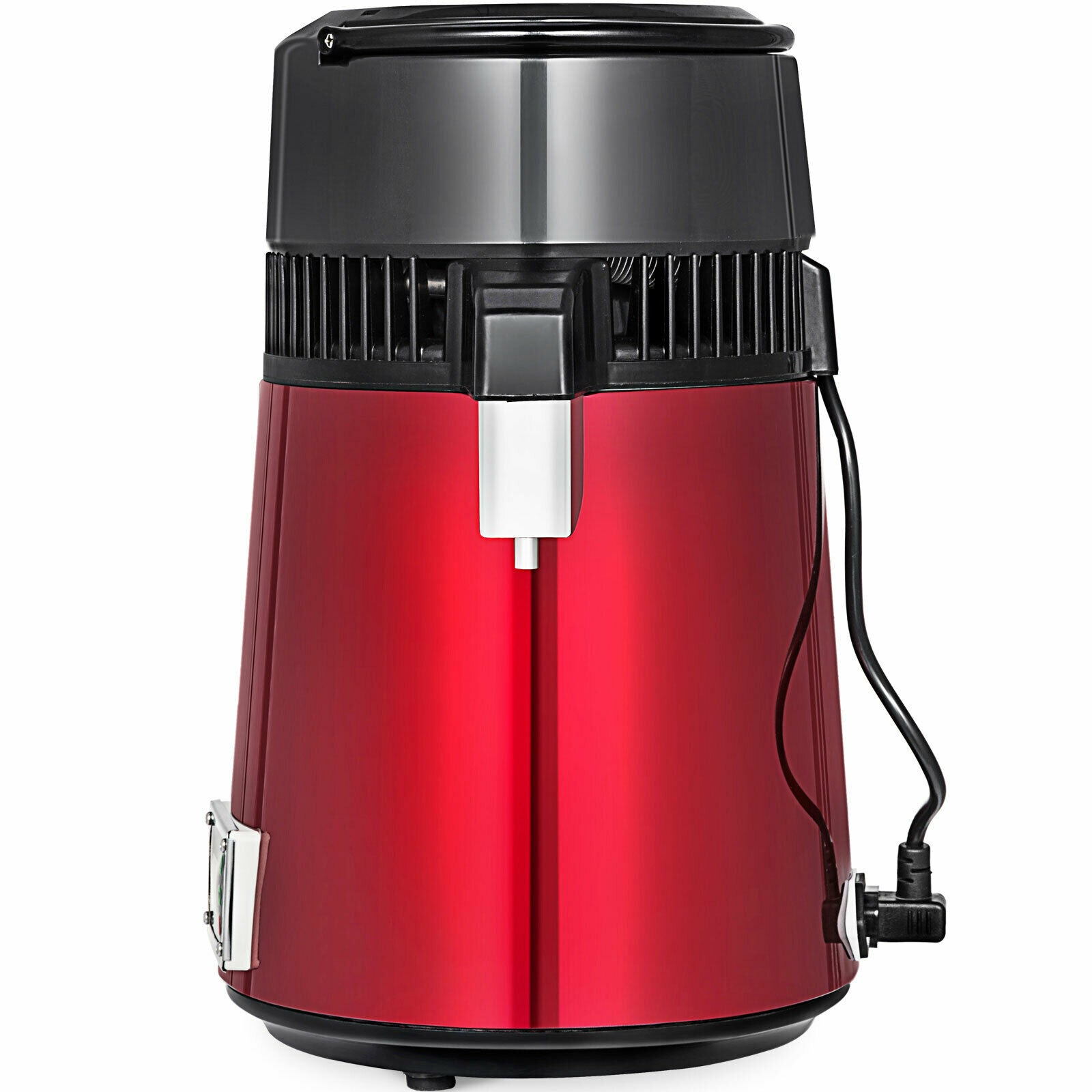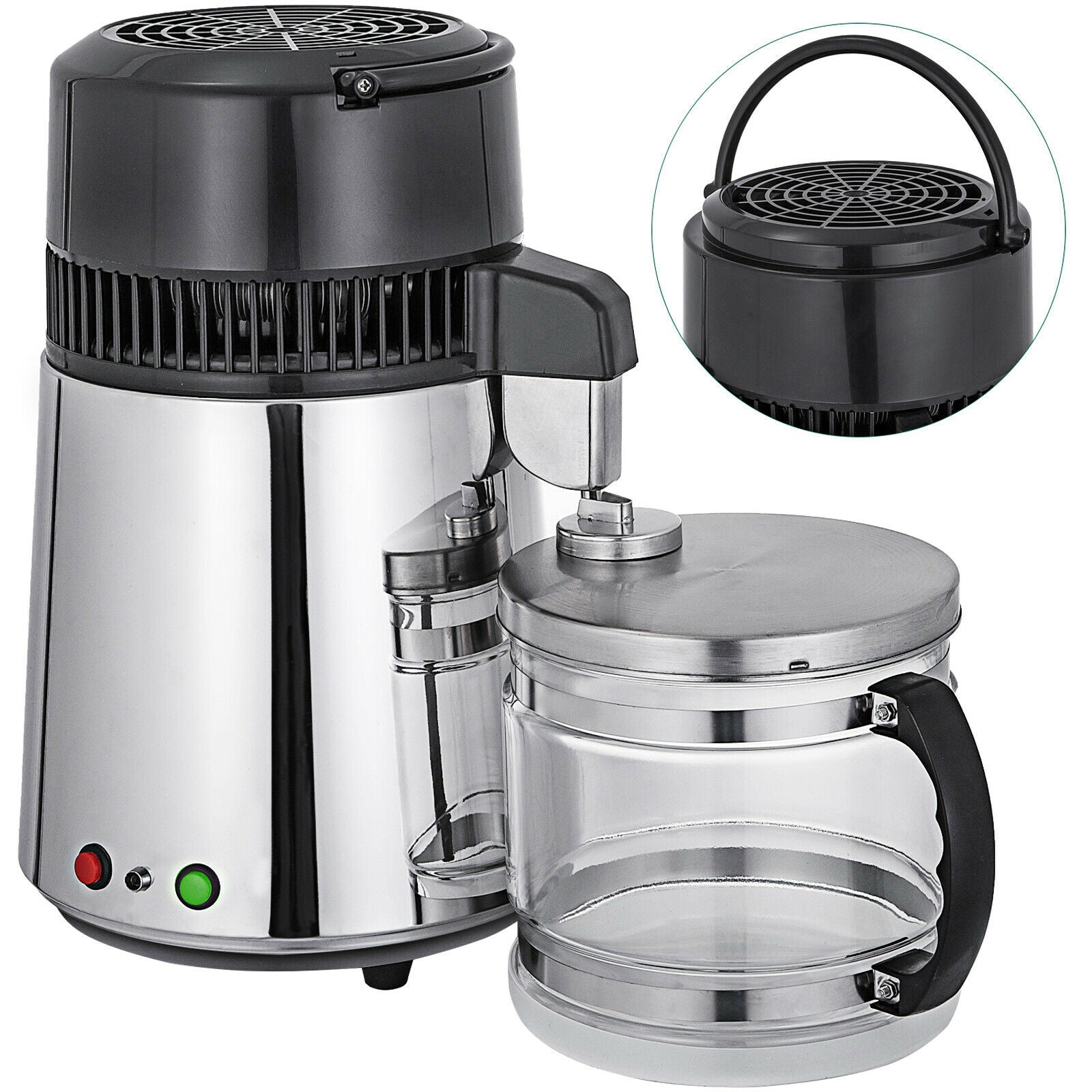Delivered quickly and they were easy to replace.
Great Awesome Deals! Fast Shipping Across Australia!
Menu
-
- Personalised Water Filter Order & Invoice Assistance
-
Water Coolers
-
Water Filters & Purifiers
- Water Cooler Spare Parts
-
Water Filter System
- Water Filter Cartridges
- Water Filter Jug
- Water Bottle
- Benchtop Water Filter
- Water Distiller
- Replacement Water Filter Cartridges Guide
-
Locations
- Awesome Water Filters in Adelaide
- Awesome Water Filters in Darwin
- Awesome Water Filters in Hobart
- Awesome Water Filters in Brisbane
- Awesome Water Filters in Gold Coast
- Awesome Water Filters in Wollongong
- Awesome Water Filters in Sydney
- Awesome Water Filters in Melbourne
- Awesome Water Filters in Perth
- Awesome Water Filters in Canberra
-
- Home
- FAQ
- Contact Us
- Shipping | Return | Refund | Warranty
- Install it with Airtasker
- Awesome News
- 1-800-789-781
- Login

Great Awesome Deals! Fast Shipping Across Australia!
Is Demineralised Water The Same As Distilled Water?
September 10, 2021 2 min read
Demineralized vs. Distilled Water: What is the Difference?
Water classification can be confusing. Two terms often used interchangeably are "distilled" and "demineralized," yet they are not the same thing.
Understanding the difference is crucial, as it determines whether the water is safe for your car battery, your medical equipment, or your drinking glass. In this guide, we break down the science, the uses, and the safety of both.
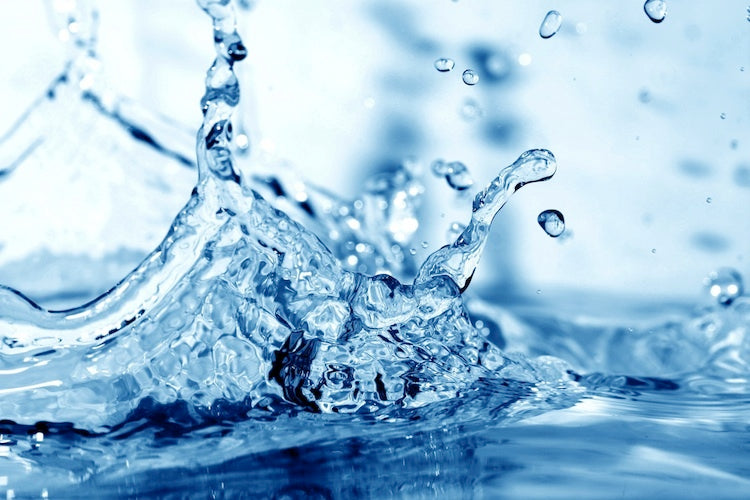
Pure Water Clarity
1. What is Demineralized Water?
As the name suggests, this is water that has had its mineral ions (calcium, sulfate, magnesium, and sodium) removed. It is typically created through chemical processes like ion exchange or membrane filtration.
The Catch: While it strips minerals, the process does not necessarily remove bacteria or viruses. It targets magnetically charged ions, often leaving organic contaminants behind.
Common Uses:
- Industrial machinery (to prevent scale buildup).
- Car batteries and radiators.
- Steam irons and aquariums.
2. What is Distilled Water?
Distillation is a physical process. Water is boiled into steam and then condensed back into liquid in a clean container.
The Advantage: Because minerals, bacteria, and viruses cannot turn into steam, they are left behind. This makes distilled water exceptionally pure and sterile.
Common Uses:
- Medical procedures and sterilization.
- CPAP machines (to prevent bacterial growth).
- Laboratory experiments.
- "Crystal clear" ice cubes.
The Verdict: Are They The Same?
Answer: NO.
Distilled water is demineralized, but demineralized water is NOT necessarily distilled.
The difference lies in purity. Distillation removes 99.9% of minerals plus bacteria and viruses. Demineralization removes the minerals but may not remove biological contaminants (bacteria/viruses). You should not substitute one for the other in medical or sterile applications.
Is It Safe to Drink? (Health Guide)
While both types of water are technically "clean," there are important health considerations according to the World Health Organization (WHO).
Drinking Demineralized Water
Not Recommended. Because the process does not guarantee the removal of bacteria or viruses, it is generally unsafe for human consumption unless explicitly treated for drinking purposes.
Drinking Distilled Water
Safe, but not ideal long-term. Distilled water is sterile and safe to drink. However, it lacks essential minerals like Calcium and Magnesium.
- The WHO Warning: Long-term consumption of demineralized/distilled water can leech minerals from your body and may be linked to increased risks of cardiovascular issues or bone density loss due to magnesium deficiency.
- The Solution: If you drink distilled water, it is highly recommended to use a remineralization filter or add mineral drops to restore the health benefits.
Final Thoughts
Choose the right water for the right job. Use demineralized water for your car battery, but choose distilled (or remineralized distilled) water for your health and medical equipment.
Looking for pure water at home? Explore our range of high-quality distillers and purifiers:
Subscribe
Sign up to get the latest on sales, new releases and more …

